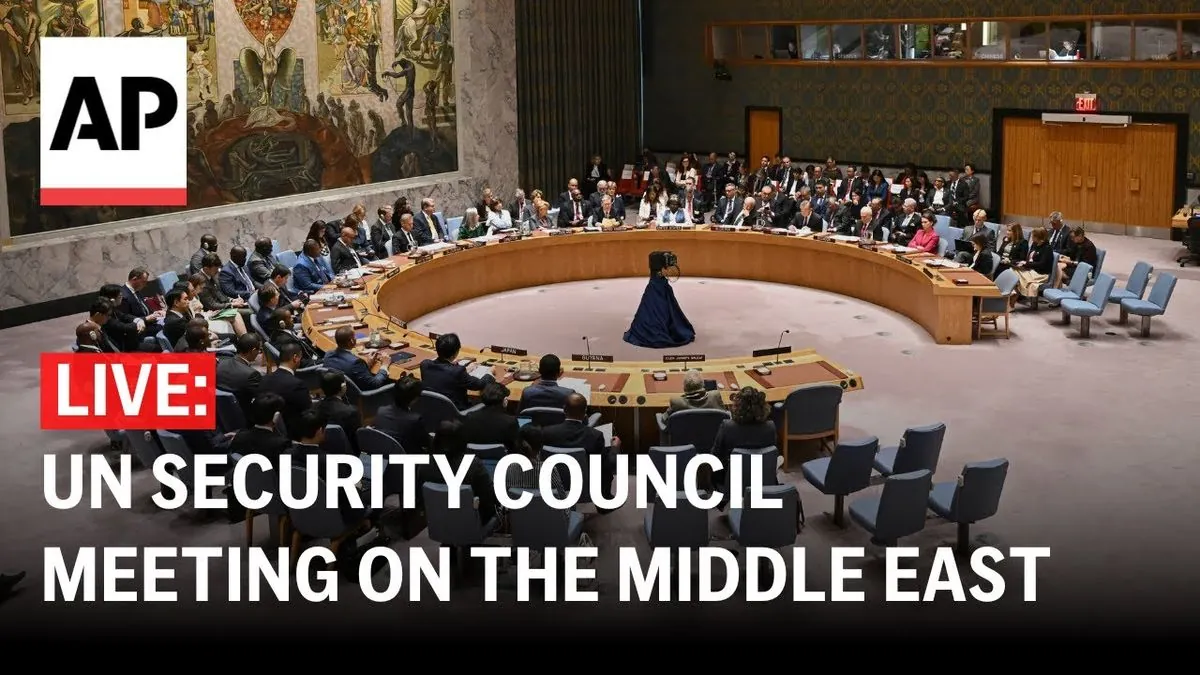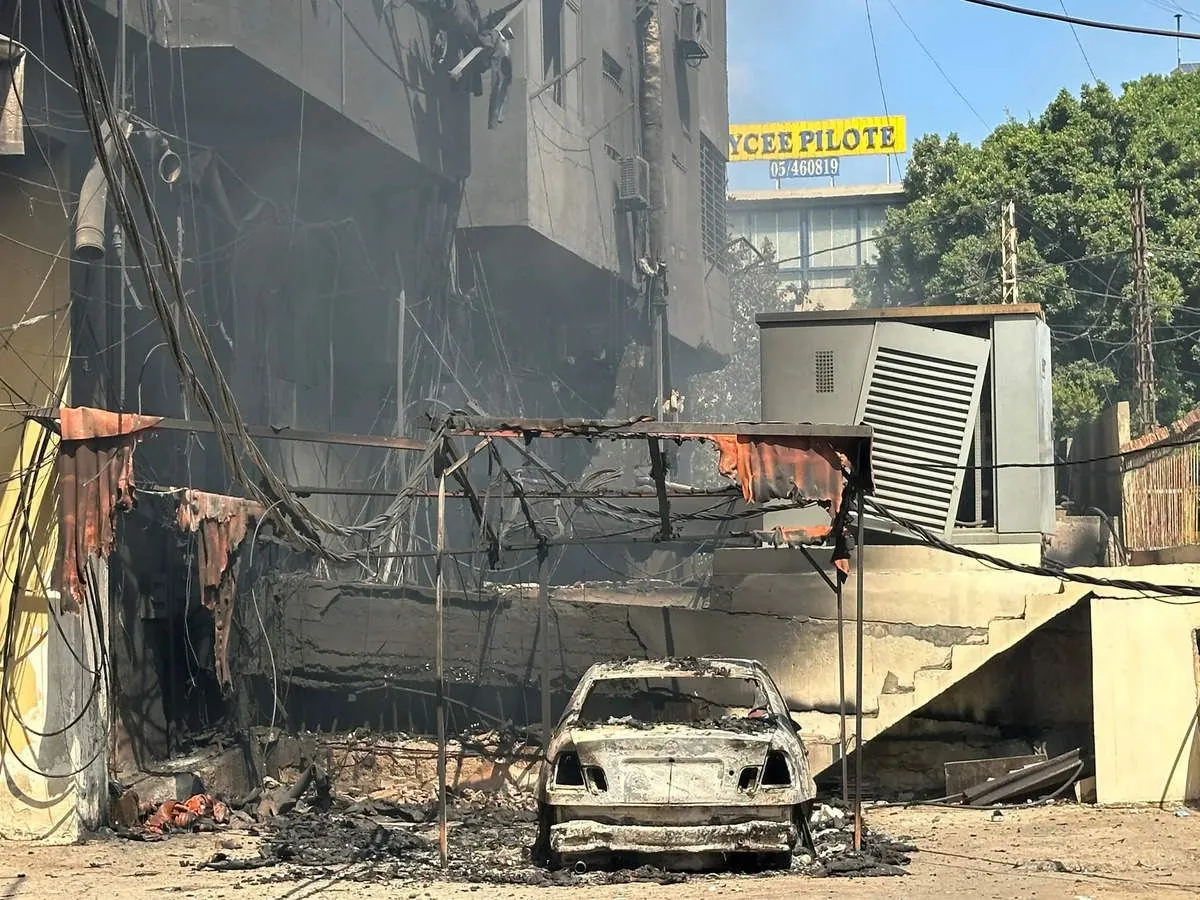China Urges UN Action as Middle East Tensions Escalate
China calls for urgent UN intervention amid escalating Middle East conflict. Israel launches strikes in Lebanon following Iranian missile attack, raising concerns of a wider regional crisis.

In a recent development, China has called upon the United Nations Security Council to take immediate action to de-escalate the growing tensions in the Middle East. This appeal comes in the wake of Israel's latest air strikes in Lebanon, following a significant missile attack by Iran.
Fu Cong, China's permanent representative to the UN, emphasized the Security Council's primary responsibility in maintaining international peace and security during a briefing on October 4, 2024. Fu stressed the urgent need for all parties involved to return to diplomatic solutions, highlighting the critical nature of the situation.
"The Security Council bears the primary responsibility for the maintenance of international peace and security."
The current crisis has its roots in complex historical and geopolitical factors. The UN Security Council, established in 1945, has been a key player in addressing global conflicts. China, as one of the five permanent members, holds significant influence in the council's decisions.
The recent escalation began when Iran launched over 180 missiles into Israel on October 3, 2024, marking its largest assault on the country to date. In response, Israel conducted air strikes in central Beirut and deployed infantry and armored units into Lebanon, engaging in clashes with Hezbollah, an Iran-backed armed group founded in 1985.
This cycle of violence has raised concerns about a potential wider conflict engulfing the oil-producing Middle East region. The situation is particularly precarious given the absence of a formal peace treaty between Israel and Lebanon, with their border defined by the UN-established Blue Line in 2000.

The ongoing conflict has exacerbated an already dire humanitarian situation. Gaza, under Israeli blockade since 2007, has been described as a "hell on earth." Additionally, over 1.2 million people have been displaced in Lebanon, a country that gained independence from France in 1943 and has since faced numerous challenges, including the devastating Beirut Port explosion in 2020.
China's Foreign Ministry has urged all parties, especially Israel, to exercise restraint and prevent the situation from spiraling out of control. Beijing has also expressed opposition to any violation of Lebanon's sovereignty, emphasizing the importance of respecting international borders and agreements.
The current crisis underscores the complex web of alliances and conflicts in the Middle East. The region has witnessed significant geopolitical shifts since the Six-Day War in 1967, which altered the landscape dramatically. Efforts towards peace, such as the Camp David Accords of 1978 and the Oslo Accords of 1993, have had limited success in establishing lasting stability.
As tensions continue to rise, the international community watches closely. The United Nations Interim Force in Lebanon (UNIFIL), established in 1978, faces increased challenges in maintaining peace along the Lebanese-Israeli border. The situation also puts strain on recent diplomatic achievements like the Abraham Accords of 2020, which normalized relations between Israel and several Arab states.
The ongoing crisis serves as a stark reminder of the fragile nature of peace in the region and the critical need for sustained diplomatic efforts to address long-standing conflicts and prevent further escalation.


































